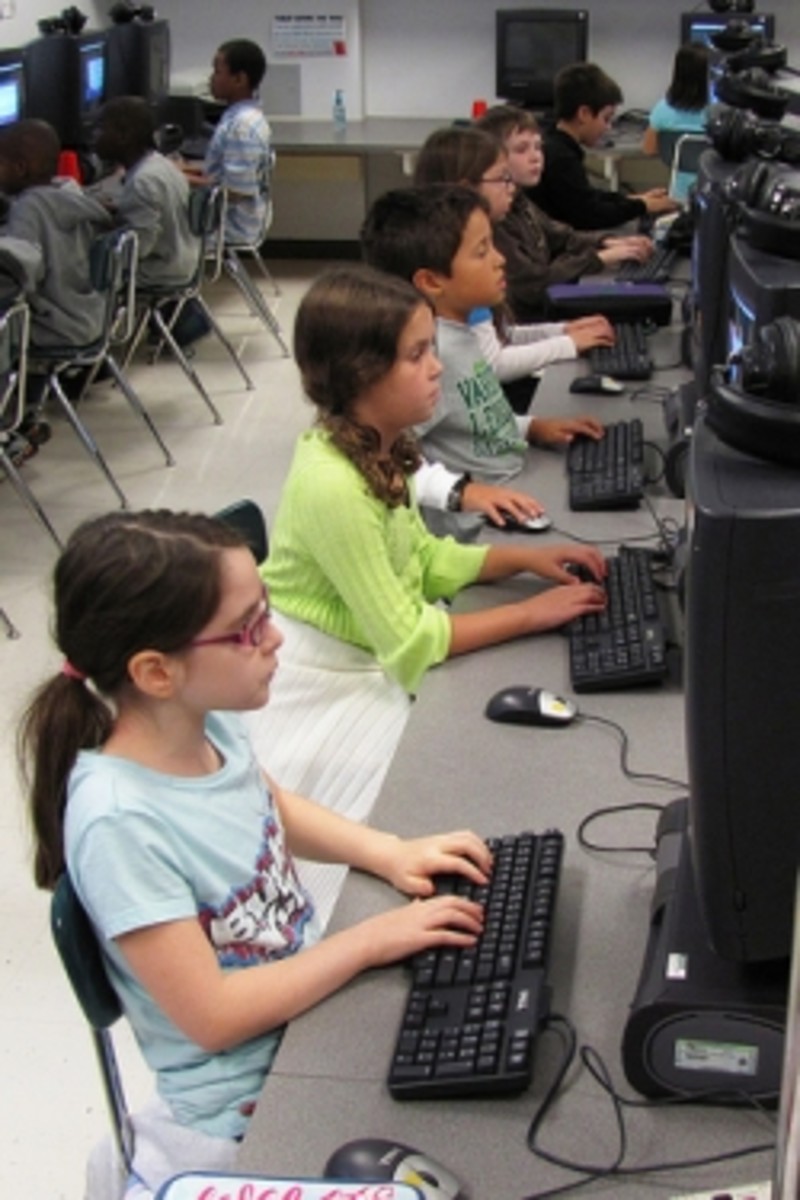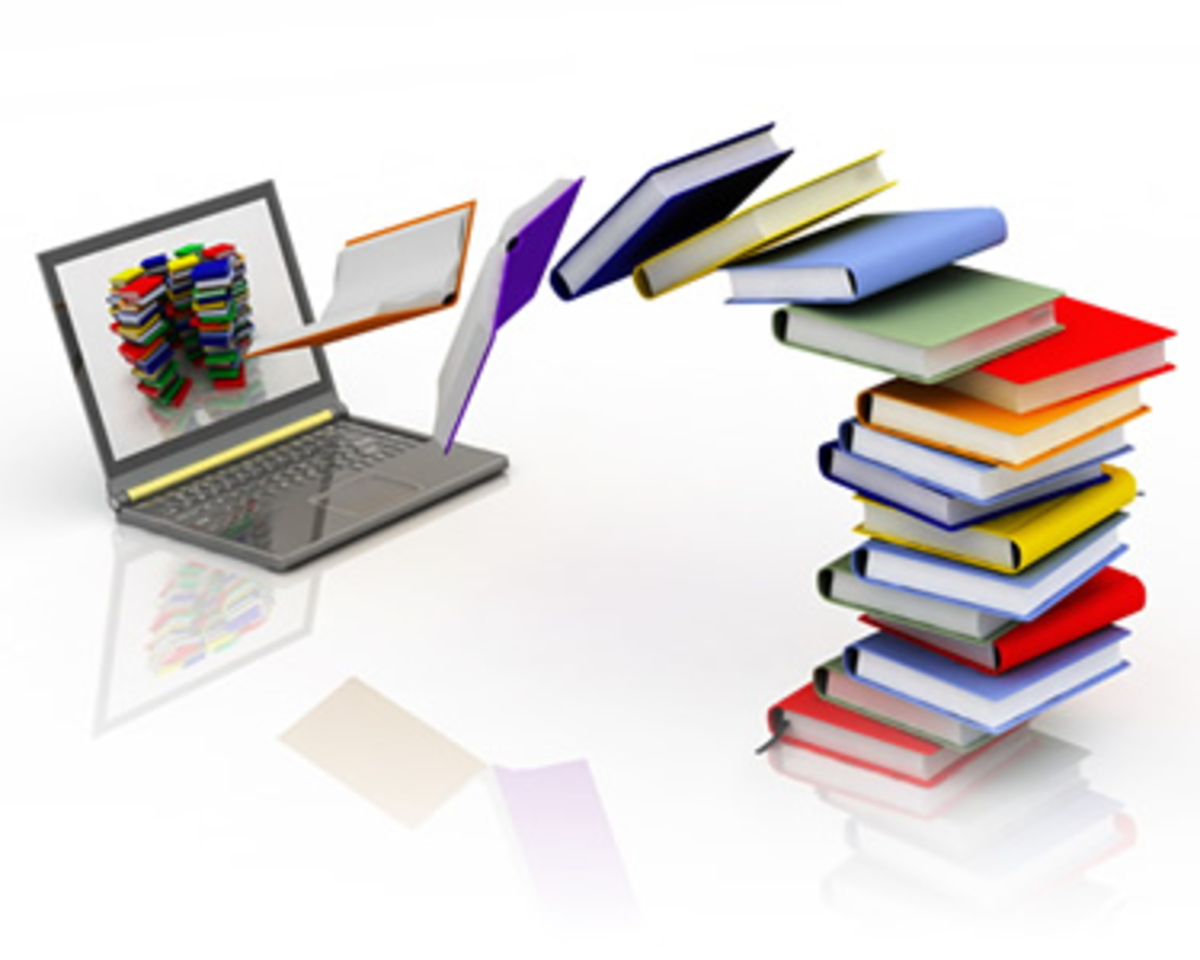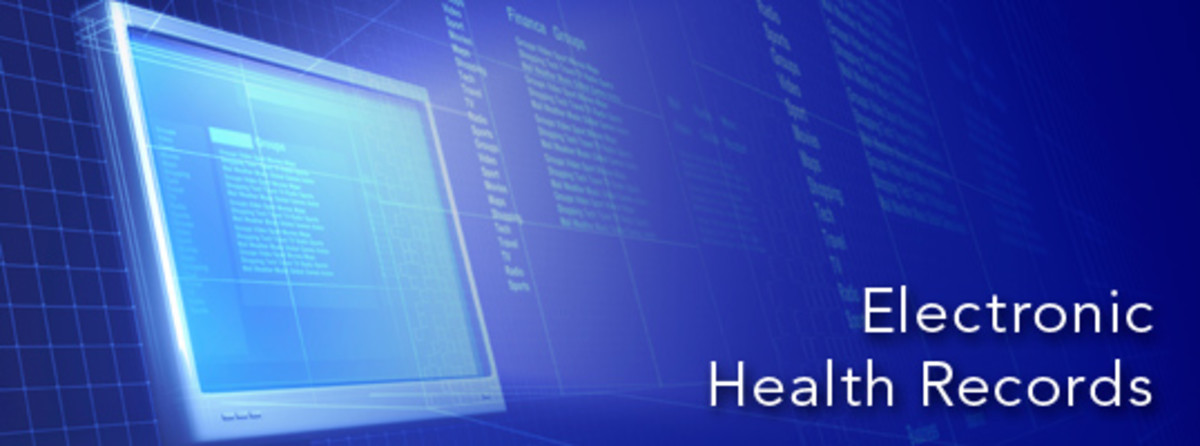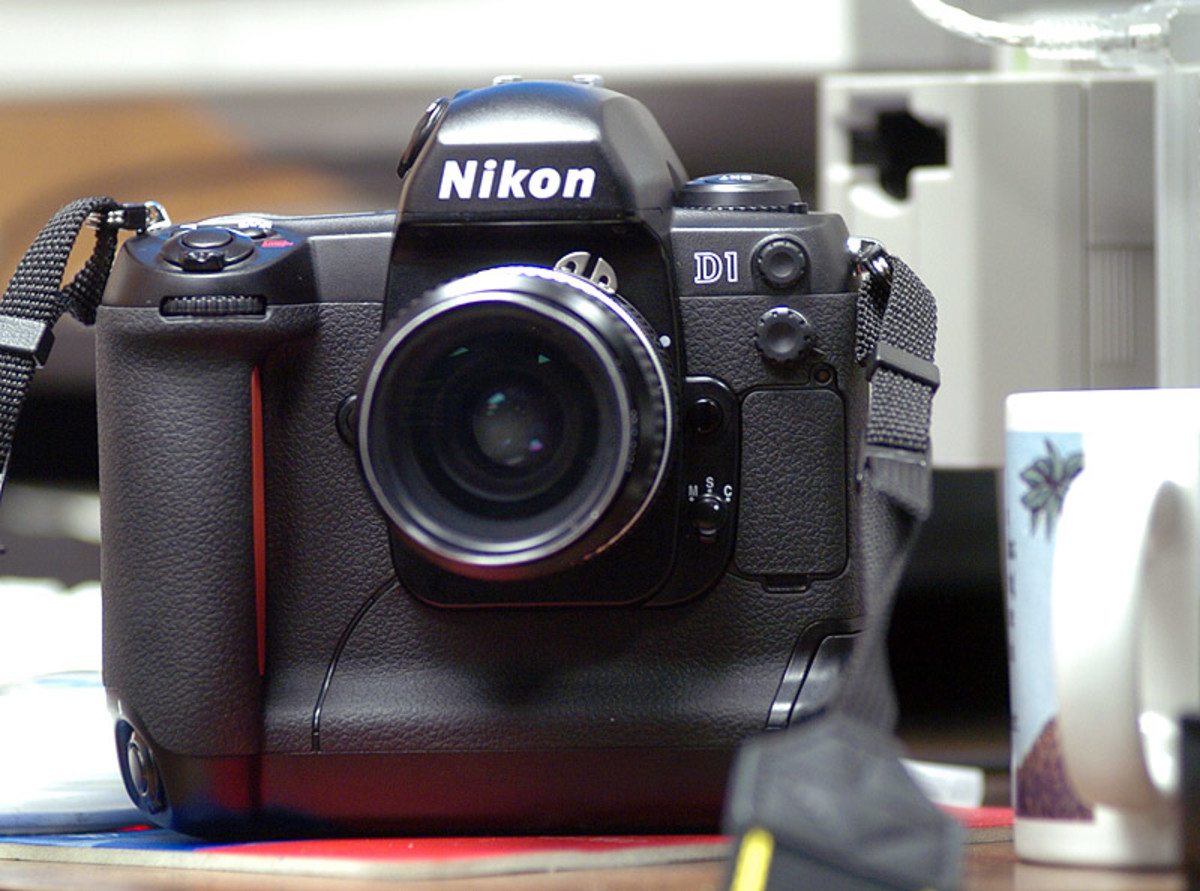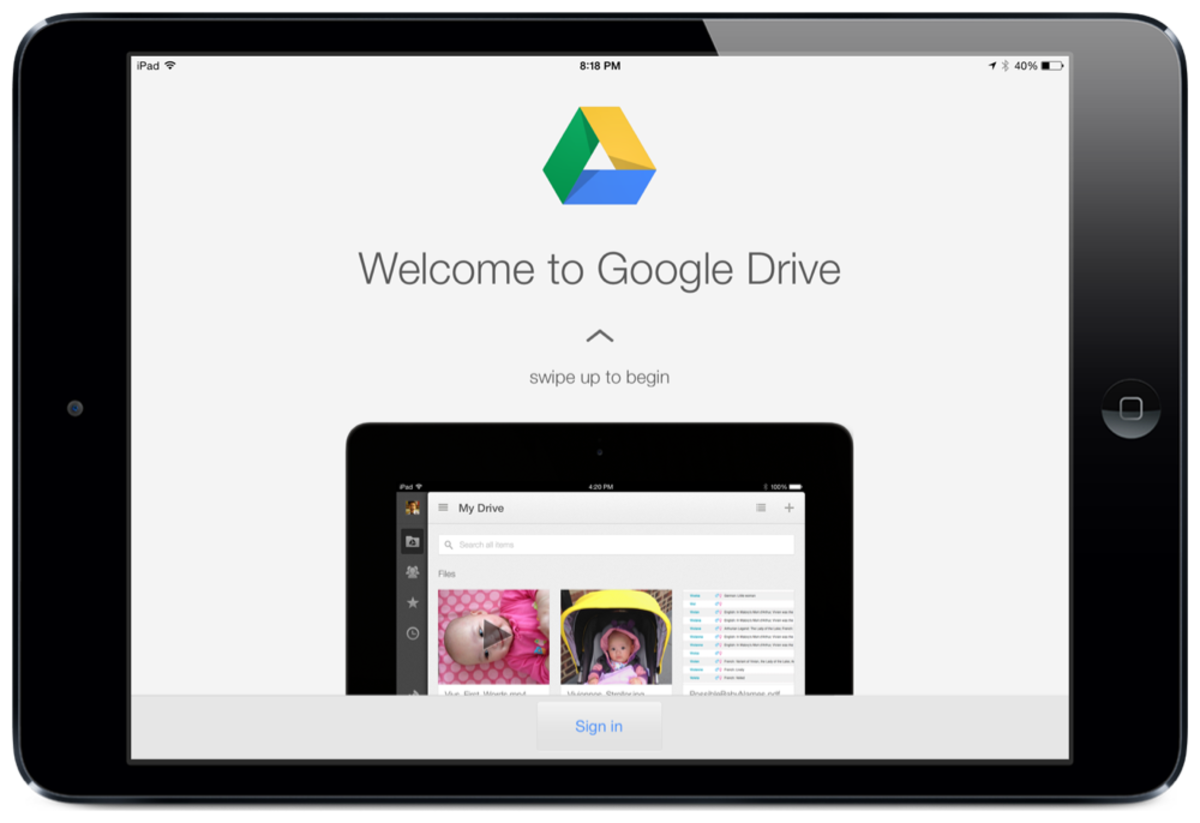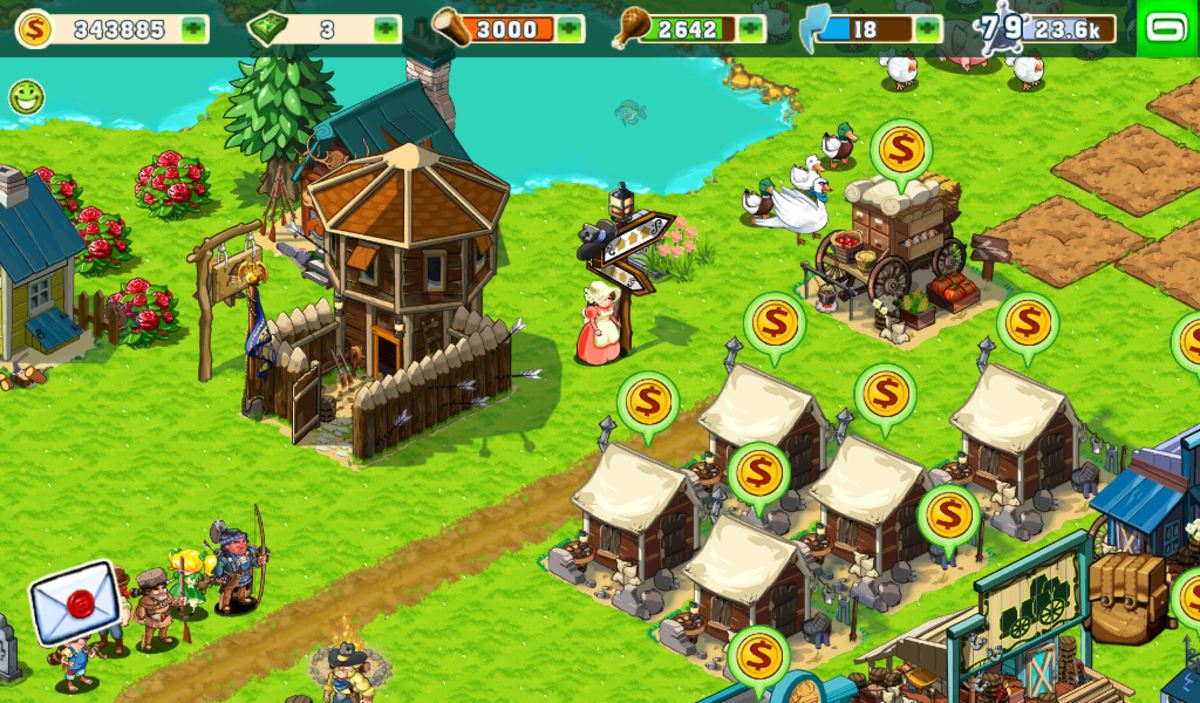A Tidal Wave of Information at Your Fingertips
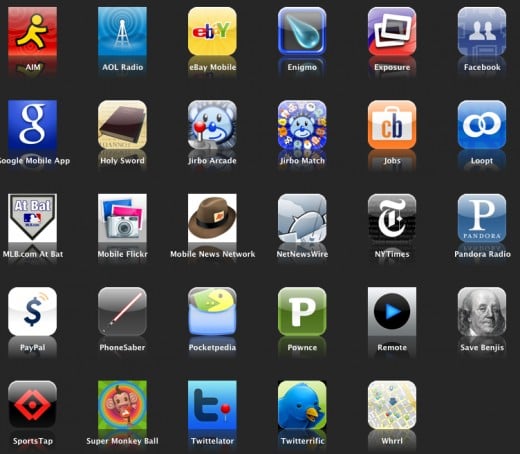
The amount of technical information is DOUBLING every two years.
It Began in the Library
It began at the library, last Tuesday. That's when I realized email isn't enough anymore.
At the entryway to the library, I could see the electronic security system that catches library materials ready to leave the building. A bank of about 30 computers with flat screen monitors sat in the middle of a spacious room. People sat at these computers working busily away at various endeavors. Some were blogging, others were networking on personal sites MySpace and Facebook, and still others were doing research. A few were playing games, and some people were even checking their email. People used their magnetic-stripped library cards to self-check library materials at machines that knew their secret codes. Library materials were neatly shelved and waiting for about 300 people who had used the online library catalog to reserve books, DVDs, and other media without setting foot in the library. Audio books took a significant amount of space against one wall. In the young adult section, posters advertised a game night for kids to try the library's new selection of Wii games. Traditional book groups were meeting in conference rooms, but if that option wasn't suitable, one could easily join an online discussion of his or her book, then receive recommendations for further readiing.
I moved toward the library catalog, which was handily available on one of many of the library's computers. On the catalog, I saw that I could not only reserve books at home, but I could use a number of databases that 16 years ago, when I was in college, were only available in specialty areas of the university's 6-story library, and then only if you were doing research and were willing to cross-reference an article title and then locate the film that article was stored on by using a microfiche reader. I could use that library catalog to prepare for the GRE, study a new language, learn about my favorite books, and even download audio books onto various handheld devices in a number of different formats.
All this information. It was everywhere. Suddenly, I felt ill.
We just moved back into the city for a new job, where my husband is furthering his career in museums. Our new home is just about a block away from the Intel fab plant, where men and women in clean suits make those tiny microprocessors you find everywhere--in cell phones, computers, and in cars.
In the mid-1990s, when I worked for Intel, forward thinking experts predicted that our world was headed toward a society of technology haves and have nots. There would be an increasing gap between those elite who have access to information technology and those who don't. Those who don't grow up using technology will not make it professionally in the world of the future.
Standing in the library, I realized the future is here, and I wondered which category I fit in.
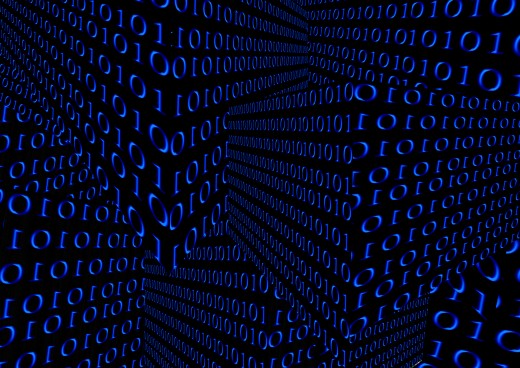
Image © Sophiesourit

A Tidal Wave of Information
With easy, fast, and cheap access to the Internet, people in developed nations have a tidal wave of information at their disposal. Information is as ubiquitous as those tiny microchips. Technology-savvy citizens of high-tech communities have the potential to be instant experts in hundreds of areas that before the 1990s, people had no knowledge of.
For example, I can preview the grocery ads for 6 different grocery stores in my area, and if I want to spend the time, theoretically I could determine the cheapest prices for items on my shopping list at all of these stores, greatly reducing my costs. Some really smart entrepreneurs have combined this concept with couponing, and created a generation of really smart consumers who play the grocery game.
At the checkout counter, computers track all of my purchases using a sophisticated inventory control system that rewards me for purchasing certain items. As I swipe my bank card another sophisticated computer innovation automatically deducts the money from my bank account, and asks me if I would like cash back. The teller prints my receipt and offers me coupons that the computer has printed based on my product selection. Back in the car I can check my bank account using my cell phone and download my account activity from my bank into my own personal computer.
When we were moving to the city, we identified a place to live based on proximity to my husband's work. We used Google to search the available rentals, and mapped them using an online mapping program like Map-quest. Then we typed in the address of my husband's new office and used the driving directions feature to determine how lengthy the commute might be. If we liked the area, we did additional research on the neighborhood and schools using Internet information--all of it free.
If I am to survive in this era of overwhelming information, I need to learn how to be more than a smart consumer of information. It isn't enough to have access to technology's breakthroughs: I now have to be able to use the technology to navigate through an increasingly complicated world.
So learning to use a computer to send email isn't enough. It is a start. I grant you that. But any child who knows only enough to send email won't make it in this complicated world that is becoming exponentially more complex. Step into the new school library in my technologically innovative community, and you will be convinced.
Future of Technology Video
Electronic Readers and Computer Phones
Need to know the price of tea or luxury goods in China? Well, there's an app for that now. The IPhone and now the Google Nexus One are just the latest in small hand-held phones that literally bring a world of information to the informationally-elite. Although the middle classes are finding these phones more accessible, they are still far more expensive than the less-advanced cell-phones. The new phones are possibly a thousand times more advanced than my first personal computer, a puce-colored desk-hog that had about 20 megabytes of disk space.
The difference between the Google Nexus One and the Apple IPhone, and the many other phones on the market is their emphasis on totally free information. Google has built its empire on information, and Apple is doing the same. Want to know the price of milk, gas, or the showtimes at the nearest theater? Want to see a preview of the movie while you look for a restaurant with a 5-star review. There's an app for that too.
"There's an app for that has not only become the catchphrase for Apple's tremendously successful product, it is also the mantra of an era of instantly accessible information.

Information Anxiety-Wurman Predicted It in 1986
In 1986, Richard Saul Wurman predicted that the world of the future would be flooded with information, and that we would have to find new ways to navigate this landscape of information. He wrote Information Anxiety to explore the phenomenon.
It isn't enough to buy the latest technological innovations. We need to learn to use these tools to help us adapt to the flood of information out there. And we need to keep adapting, because only the fittest will survive.
In an information-saturated society, learning to manage the information available and learning to critically process the information fed to us will become more important than ever.
Some Interesting Links to Sites About the Future of Technology
- Technology Review
The future of information by experts at MIT. - Future Technology and Society | NBIC | Future For All
Future For All. Nanotechnology, biotechnology, cognitive, artificial intelligence. Future technology and its effect on society.
© 2008 Carolyn Augustine


